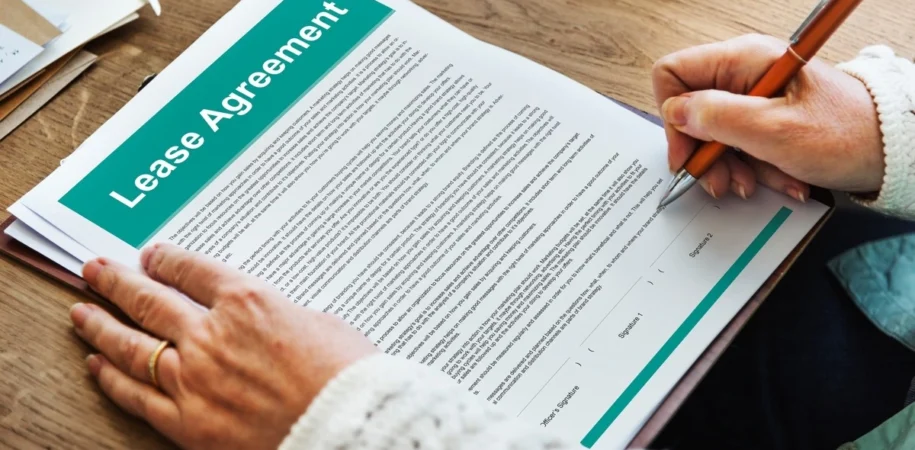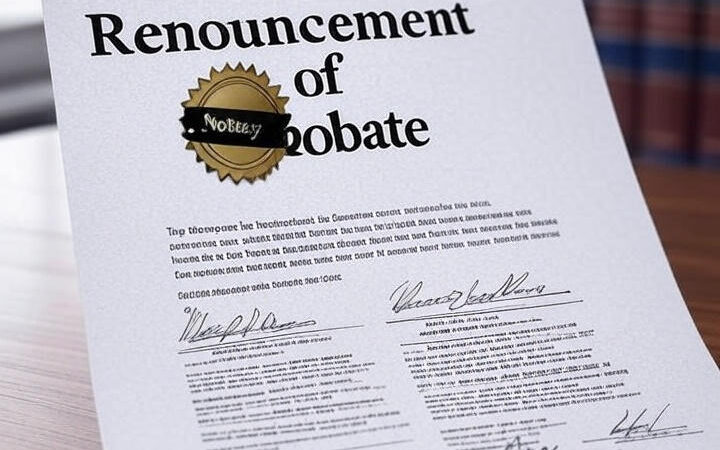Fencing disputes Victoria commonly arise between neighbouring property owners over the construction, repair, replacement or cost of a dividing fence. These disputes can be stressful and costly if not handled correctly, particularly where neighbours disagree about responsibilities or refuse to cooperate. Understanding your legal rights and obligations under Victorian law can help resolve fencing disputes […]
Read More
Residential tenancy law ACT governs the rights and obligations of landlords and tenants in the Australian Capital Territory under the Residential Tenancies Act, including lease agreements, bonds, rent reviews and dispute resolution. Navigating the law about residential tenancy disputes in the State or Territory where you live, or where you own a residential investment property, […]
Read More
When a tenant has not paid rent, landlords need to understand their legal rights and the appropriate steps for issuing notices, ending tenancy and recovering arrears. Are you a landlord in Australia? Does your tenant owe rent; or are they constantly behind on rent payments? If you need help understanding your rights as a landlord, […]
Read More
Residential Tenancies Act in Victoria imposes specific legal duties on landlords and tenants in Victoria regarding maintenance, repairs, rent and other obligations, and this overview explains how breaches occur and what consequences arise. Both landlords and tenants have obligations to one another in Victoria under the Residential Tenancies Act 1997 (Vic) (the Act). The duties […]
Read More
Can I refuse to be an executor under a will? Refuse executor will Victoria refers to the process and legal considerations when a nominated executor chooses not to act under a will in Victoria. Being named as the executor of a loved one’s Will can sometimes come as a surprise. For many people, the news […]
Read More
The Importance of a Will: Insights from a Wills & Estates Lawyer The importance of a will cannot be overstated: a properly drafted will ensures your assets are distributed according to your wishes, minimises family disputes, and provides certainty for your loved ones after you pass away. When life is busy with work, family, and […]
Read More







